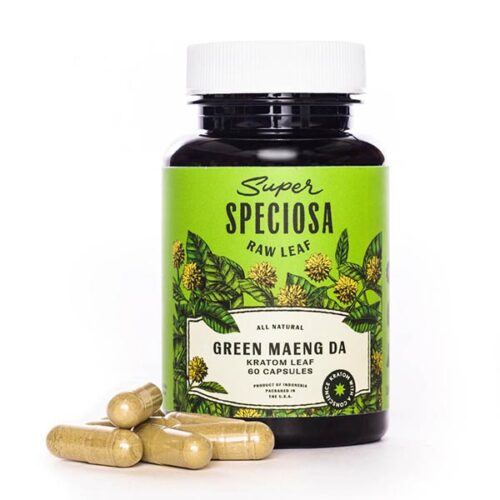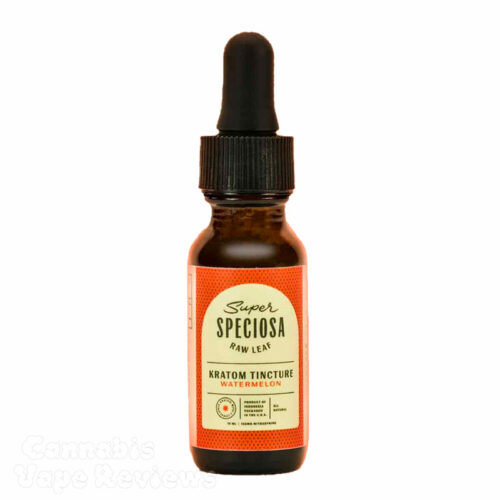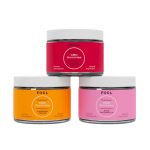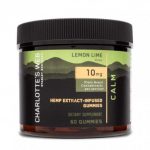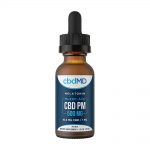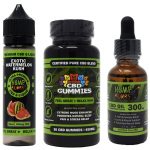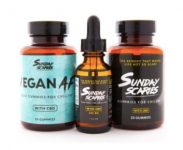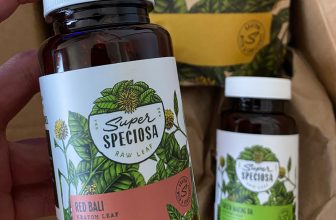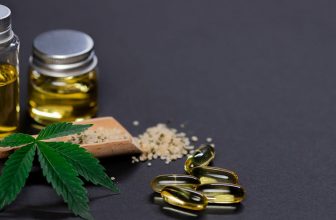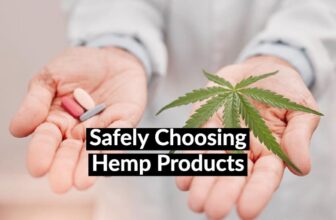CBD has gained popularity as a natural remedy for various ailments, but not everyone who tries it experiences the same benefits. If you’ve tried CBD without success, you’re not alone.
In this article, we’ll explore what is CBD, the possible reasons why CBD may not be working for you, and what you can do about it.
What is CBD?
Cannabidiol (CBD) is a chemical compound derived from either hemp or cannabis plant. There’s over 80 chemicals in cannabis plants, known as cannabinoids, including THC (Delta-9-tetrahydrocannabinol).
THC is the most commonly consumed cannabinoid and is responsible for producing a “high” sensation. CBD, on the other hand, is more known for its therapeutic effects and does not produce a psychoactive effect.
CBD products typically contain lower THC concentrations in trace amounts or none at all.
If you want to try CBD, however, it’s important to know that not all CBD products are legal. You should be aware of your state’s laws before using them. While CBD is legal in California, certain laws prohibit its usage unless it’s for medical reasons. Many other states have similar medical cannabis regulations.
Aside from its legality, not all CBD is created equal, and it also affects every body differently.
While some individuals report positive effects from using CBD and find it provides many health benefits, others may find it to be ineffective.
In this article, we’ll explore some potential reasons why CBD might not work for you and what steps you can take to address this issue.
Main Uses of CBD
Some studies indicate that CBD oil has therapeutic benefits for chronic pain and various common medical conditions such as anxiety.
“…available trials reported potential therapeutic effects for specific psychopathological conditions, such as substance use disorders, chronic psychosis, and anxiety”
Source: Cannabidiol (CBD) use in psychiatric disorders: A systematic review (2019) – NIH.gov
CBD works by interacting with the endocannabinoid system at the CB1 and CB2 cannabinoid receptors, to create a calming effect and impacts other body processes like metabolism.
Here are some of the most common uses for CBD:
Treatment of Anxiety
Patients suffering from anxiety disorders can use CBD products to reduce their symptoms.
CBD’s interaction with the body’s endocannabinoid system affects the levels of neurotransmitters like serotonin and dopamine.
These chemical changes can help reduce anxiety symptoms, such as racing thoughts and increased heart rate.
Studies have shown that CBD may also have potential as a treatment for other anxiety-related disorders, such as post-traumatic stress disorder (PTSD) and social anxiety disorder (SAD).
Treatment of Addiction
CBD has a positive effect on mental health, and besides treating anxiety, it is a known therapy for drug addiction patients. It helps calm the body and reduce the cravings for various harmful substances.
Helps With Weight Loss
CBD may help reduce appetite and the level of fat production, making it a potential tool for weight loss. Additionally, it speeds up metabolism and naturally aids in improving obesity-related diseases like heart disease and diabetes.
Side Effects of CBD
Clinical research has also determined that CBD can have some side effects.
The side effects of CBD are generally mild and well-tolerated, but it’s important to be aware of them. The severity and frequency of side effects may vary depending on the individual’s sensitivity, dosage, and method of consumption.
The most common effects include diarrhea, drowsiness, and appetite fluctuations.
CBD Pros and Cons
Not sure if CBD is right for you?
Consider these pros and cons of using CBD:
Pros of CBD
- Unlike THC, CBD doesn’t cause a “high” after consumption
- CBD is not addictive
- Can be effective for treatment of depression, anxiety, multiple sclerosis, insomnia, inflammation, and pain
- May help alleviate symptoms from cancer and cancer treatment
- CBD increases metabolism and can aid with weight loss
- CBD oil is widely available and easily accessible
- CBD is fast-acting when ingested sublingually or by vaping
- Pure CBD products won’t cause you to fail a drug test
Cons of CBD
- Much research is still required to determine uses of CBD and proven its efficacy
- Although rare, improper usage of CBD can cause adverse effects including psychosis, drowsiness, diarrhea, fatigue, anxiety, memory loss, and cannabis intoxication
- CBD can be adulterated with THC
- CBD market is saturated with fly-by-night companies making it difficult to find quality products
- CBD effects can be subtle making it hard to tell if it’s “working”
- CBD effects everyone differently and may not do much for you
Why CBD Is Not Working For You
If you’ve recently started using CBD and haven’t noticed any benefits, it doesn’t necessarily mean that the CBD product is ineffective.
There could be various reasons why the CBD you’re taking isn’t working for you. Before writing off CBD as snake oil, consider several factors before calling it quits.
Here are some of the most common reasons why your CBD probably isn’t doing anything for you:
You Are Using a Low-Quality Product
When it comes to purchasing CBD products, it’s important to do your research and choose a reputable brand that offers high-quality products.
To ensure you get the most effective product, consider several factors such as the source of the hemp, the extraction method used, and the third-party testing results.
The source of hemp should be from a reputable farm that uses organic farming practices and does not use harmful pesticides or chemicals.
The extraction method used should ideally be CO2 extraction, which is considered the safest and most efficient method.
Third-party lab testing results should be easily accessible on the brand’s website and should show that the product contains the advertised amount of CBD and is free from contaminants.
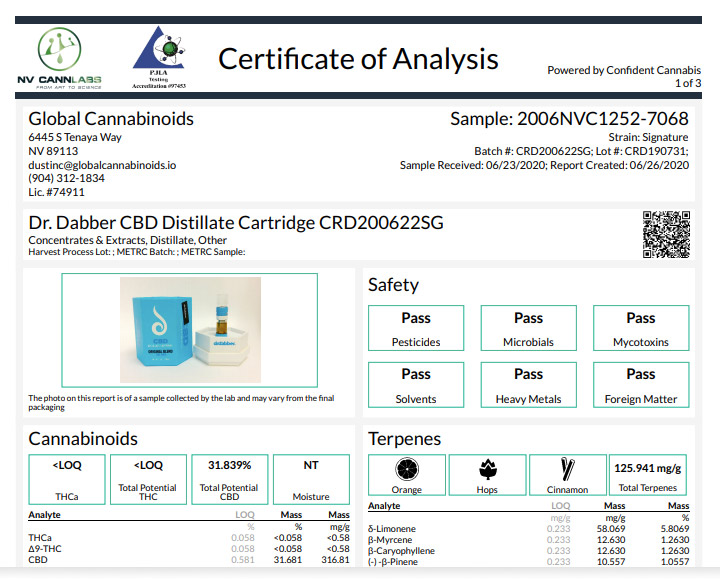
Taking these factors into account can help you choose a high-quality CBD product and avoid any potential health risks associated with low-quality or contaminated products.
You Are Not Taking the Proper Dosage
To take the proper dose of CBD, users should start with a low dose and gradually increase it until they achieve the desired effect.
It is essential to follow the manufacturer’s instructions on the product label and consult with a healthcare professional before starting CBD use.
Users should also consider factors such as their weight, metabolism, and individual health conditions when determining the right dosage.
CBD can be consumed in various forms, including tinctures, capsules, edibles, and topicals, and the dosage can vary depending on the method of consumption.
It is also crucial to note that CBD can interact with certain medications, so users should inform their healthcare provider before starting CBD use.
Your Delivery Method Is Ineffective
Different delivery methods of CBD may be ineffective due to several reasons.
For example, ingesting the same dosage of CBD by weight as a CBD gummy may have a different result than vaping the same amount.
Oral ingestion of CBD products such as hemp oil capsules or edible CBD gummy may result in lower bioavailability. This is because it has to go through your digestive tract, meaning that the body absorbs less CBD compared to other delivery methods. As a result, there can be a delayed onset of effects, and a higher dosage may be required for the desired effects.
Topical CBD application may not provide systemic effects and may only be effective for localized pain or inflammation. This would be suitable for localized pain such as muscle aches and inflammation.
Sublingual tinctures and vaping CBD, on the other hand, can be more effective delivery methods as they deliver CBD directly into the bloodstream.
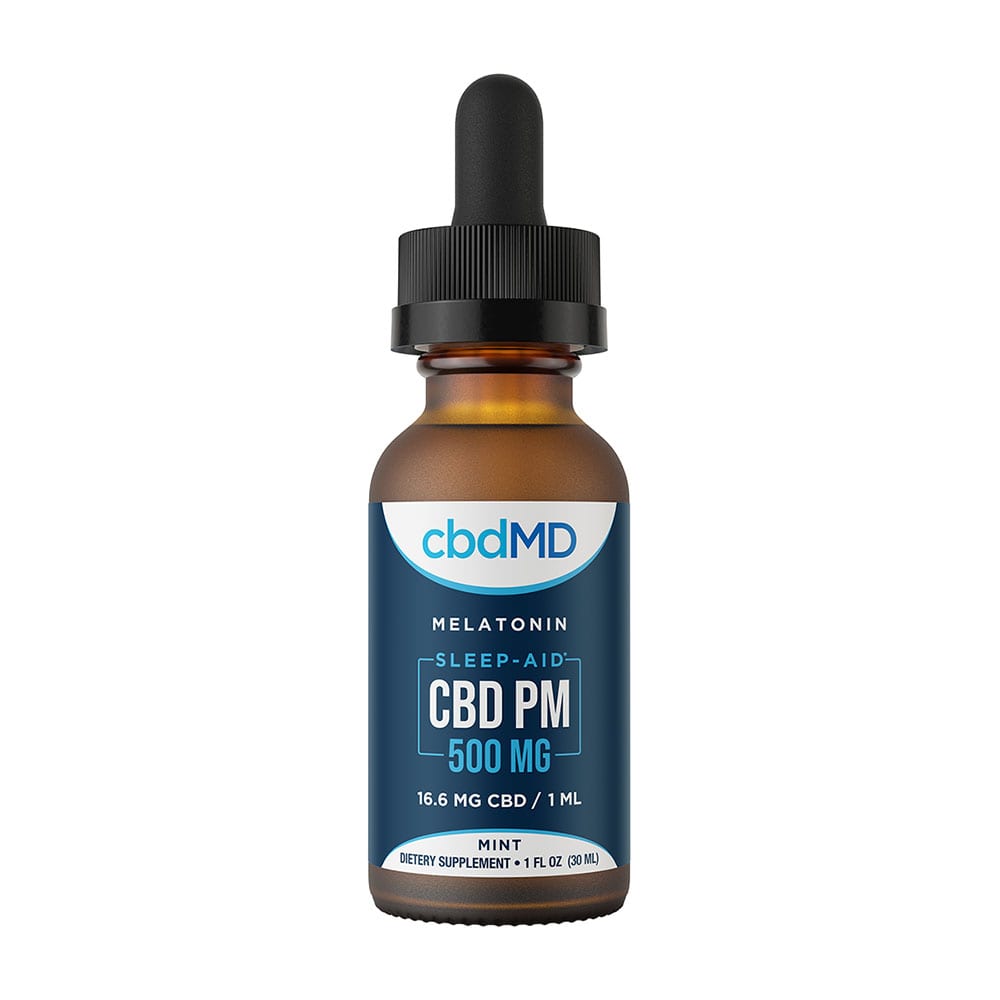
It is crucial to understand the limitations of different delivery methods. Consult with a healthcare professional to determine the most suitable approach for your individual needs.
CBD is also known to have biphasic properties meaning the effect can be different at lower doses versus higher doses.
Kratom is another example of a drug that works in this biphasic manner. At low doses, Kratom is reported to have a stimulating, energetic effect. At higher doses, Kratom induces a noticeable opioid-like high, and can be effective at promoting relaxation.
Kratom – Super Speciosa
Kratom Extract Tincture
Other common reasons CBD isn’t working for you
Body & brain chemistry – Individual differences in body chemistry and genetics play a crucial role in how our body reacts to CBD. Each person has a unique endocannabinoid system that regulates various bodily functions, and some may have more receptors than others.
Genetics – Additionally, genetics can influence how our body metabolizes CBD, which can affect how long it stays in our system and its overall effectiveness. Underlying medical conditions or medications can also impact how CBD works in the body.
Meds & health conditions – If you are using medication to treat a particular medical condition, it is possible that it could have an interaction with CBD. Furthermore, if you have an underlying health condition such as liver or kidney disease, it can impact how your body processes and metabolizes CBD, and this may result in a decrease in its effectiveness.
Placebo effect – Believe it or not, expectations and placebo effect can also play a role in whether CBD works for you. If you have high expectations or believe strongly in the potential therapeutic benefits of CBD, it may increase the likelihood of a placebo effect. Conversely, if you have low expectations or are skeptical of its benefits, it may reduce its effectiveness.
It’s essential to approach CBD use with an open mind and realistic expectations to determine its true effectiveness for your unique needs.
It is also possible that if you are a heavy smoker or consumer of THC, your system may require hire doses of CBD to have a noticeable effect.
You Need a Different Type of CBD
CBD products come in a variety of forms, including oils, tinctures, edibles, topicals, and more. CBD products can also be categorized into three main types:
- CBD isolate: A pure form of CBD that has been isolated from all other compounds found in the hemp plant.
- Full spectrum CBD: Contains all of the compounds found in the hemp plant, including other cannabinoids, terpenes, and flavonoids.
- Broad spectrum CBD: Similar to full spectrum CBD in that it contains other compounds found in hemp, but it has undergone additional processing to remove all traces of THC.
Which type of CBD is best for you may depend on various factors, including your medical condition, the severity of your symptoms, and your individual sensitivity to different compounds found in hemp.
Will CBD Work for You?
While there is still much to learn about the therapeutic benefits of CBD, taking the time to find what works for you can be well worth it.
By starting with high-quality, lab-tested products and experimenting with different brands, dosages, product types, and delivery methods, you increase your chances of experiencing the desired effects.
So, don’t give up if CBD doesn’t seem to work right away. Keep trying, and you may find that it becomes an essential part of your wellness routine.
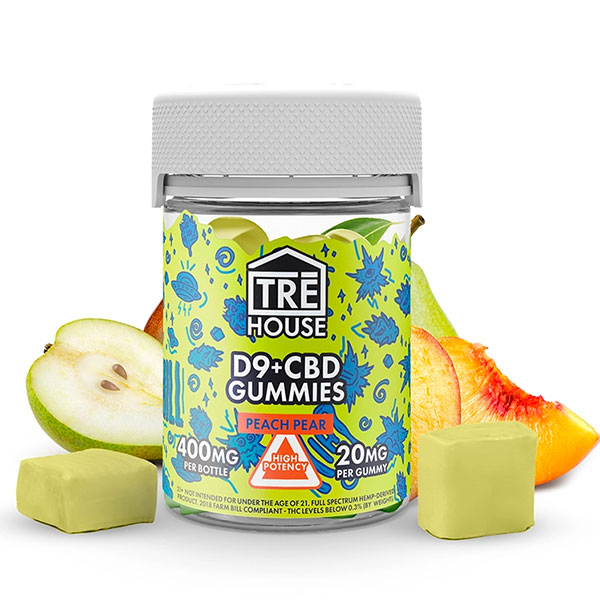
And if you do find that CBD just isn’t cutting it for you, there’s a bunch of other legal alternative cannabinoids to try. There’s a bunch of hemp-derived cannabinoids like Delta-8, 9, and 10 that aren’t as well known. These have varying affects and might do the trick for you.
Popular Lab-tested CBD Brands
FOCL
Free shipping on all orders. Money-back guarantee.
cbd MD
NEW Delta 9 products now available.
Hemp Bombs
FREE shipping on all orders over $50.

